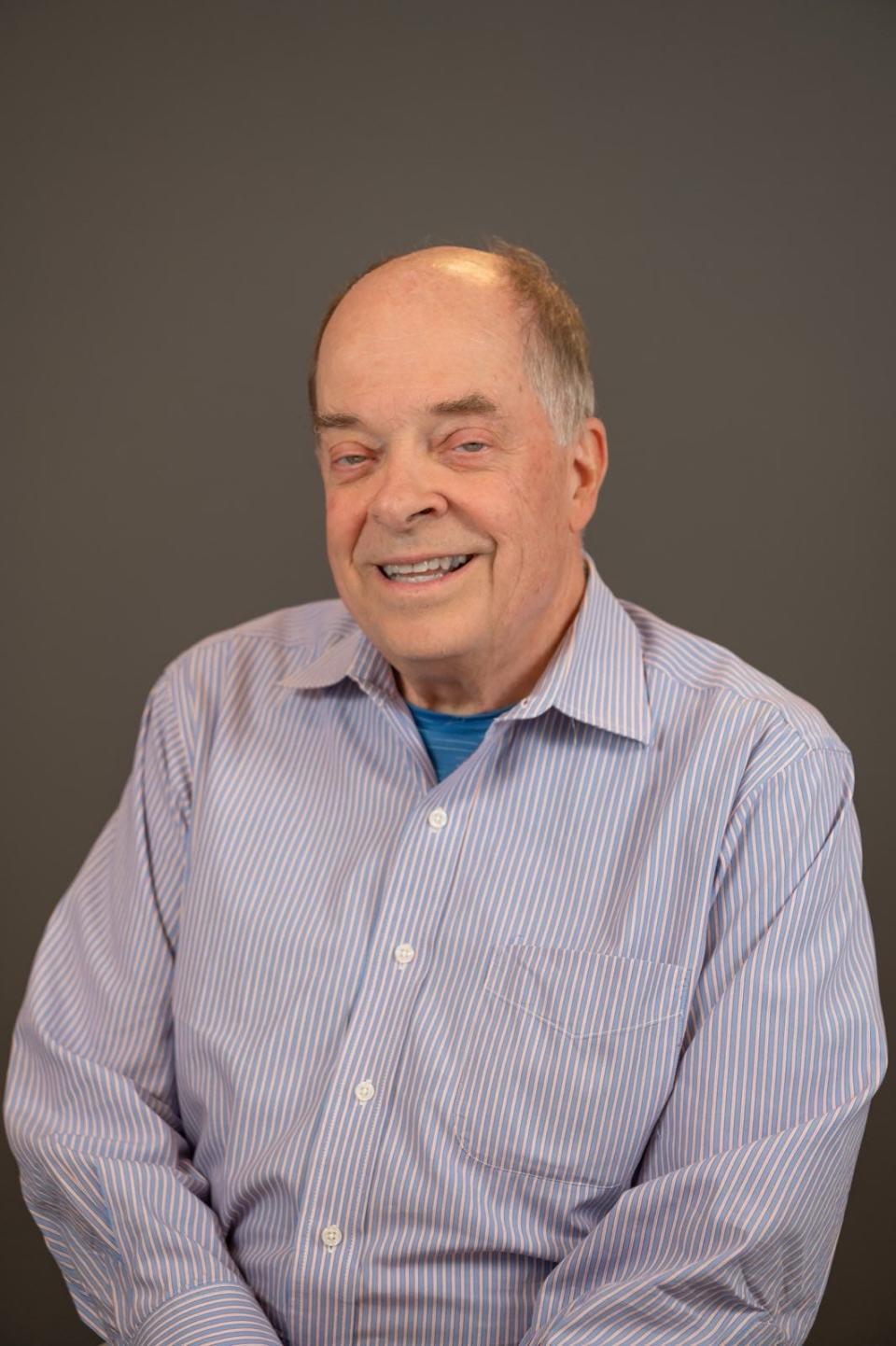Over the past 40 years, I’ve prosecuted and overseen the prosecution of scores of gun cases and white-collar cases. In total, many thousands of cases in federal and state court – including some later in my career as a defense attorney.
From those cases and what I recall of the Department of Justice’s standards, I’m one of many who have observed the DOJ’s prosecution of the president’s son with increasing disappointment.
Like any Delawarean, I know many parties involved. Special counsel David Weiss was my first assistant (No. 2 in the office) when I was U.S. attorney in Delaware. As a prior three-term attorney general and former state prosecutor in Delaware, I have known President Joe Biden for decades, worked closely with his late son, Beau, and saw Hunter many times.
Even accepting all the government’s allegations as true, it’s hard to understand why it is prosecuting the younger Biden: At the time he purchased a firearm, Biden was a nonviolent, 40-something struggling drug addict with zero criminal history. He proceeded to possess a firearm for 11 days and did not use it for any purpose (let alone in a crime).
It has been reported that he is charged with a crime that has almost never been prosecuted – an addict without criminal history misrepresenting his addiction on a firearm purchase form.
Trump hush money case was a sham: Trump was found guilty in a case DA Bragg never should have prosecuted
Why is Hunter Biden being prosecuted? Precedent doesn’t explain it.
Modern prosecutors’ offices have developed simple guideposts for whether to prosecute gun possession:
Was it used in a crime?
Was the purchaser a felon?
Was the purchaser a suspect in another (typically, violent) crime?
Did the purchaser have a criminal record?
Was the person a danger to the community?
That is: From all available information, in this time where violent crime is every office’s priority and nonviolent addicts are treated differently than they once were, I cannot conceive of an office spending any resources – let alone five-plus years, countless agents and numerous prosecutors – on a case with similar facts.
As right-wing former Congressman – and former federal prosecutor – Trey Gowdy said last week, “We never prosecuted addicts for lying and buying on federal forms.”
Indeed, the office prosecuting this case – the office I once led – now rarely prosecutes even the most violent gun offenders. Of the thousands of gun charges in Delaware, the U.S. Attorney’s Office prosecutes very few. When viewed against those statistics, the choice to make an example of the younger Biden raises, at a minimum, questions.
Attorney General Merrick Garland may have missed the mark on fairness
The tax case, by contrast, raises questions for a different reason: The DOJ has a long history of engaging with nonviolent, middle-age men who fail to pay taxes – even those connected to politicians and presidents. As has been extensively reported, however, that engagement almost never results in criminal charges when the tax avoider pays what is owed.
Roger Stone owed nearly $2 million in taxes and this same DOJ pursued that civilly, not via criminal charges. Rudy Giuliani owes $550,000 in taxes, and this DOJ has not charged him. Hunter Biden’s lawyers said he repaid the back taxes, and he faces multiple felony charges?
As former Attorney General Eric Holder observed, this is not the type of case that the DOJ ever prosecutes.
Opinion alerts: Get columns from your favorite columnists + expert analysis on top issues, delivered straight to your device through the USA TODAY app. Don’t have the app? Download it for free from your app store.
The purpose of prosecutorial discretion is to make the law work for its intended purpose. Addicts and nonaddicts alike make mistakes every day; no office has the ability or desire to prosecute each infraction. And certainly no office should chase felony convictions and jail time in a misguided effort to appease either side in Congress.
On the federal side, this is where the attorney general’s guidance is important. Here, he has strained to stay far away from the case. I do not know his motives. But I fear his desire to tell investigating Republicans that he did not interfere has caused the pendulum to swing so far that this particular defendant is being targeted in a way that no other individual would – and in so doing, tarnishing the DOJ and its career employees’ reputations.

In his first address as attorney general in March 2021, Merrick Garland told the DOJ’s 115,000 employees, “The only way we can succeed and retain the trust of the American people is to adhere to the norms that have become part of the DNA of every Justice Department employee since Edward Levi’s stint as the first post-Watergate attorney general. …
“Those norms require that like cases be treated alike. That there not be one rule for Democrats and another for Republicans; one rule for friends and another for foes; one rule for the powerful and another for the powerless; one rule for the rich and another for the poor; or different rules depending upon one’s race or ethnicity.”
An eloquent and admirable standard, one that the attorney general has upheld through three tumultuous years – except as it relates to one defendant.
Charles M. Oberly was the U.S. attorney for the District of Delaware from 2010 to 2017 and a three-term attorney general in Delaware.
You can read diverse opinions from our Board of Contributors and other writers on the Opinion front page, on Twitter @usatodayopinion and in our daily Opinion newsletter.
This article originally appeared on USA TODAY: Hunter Biden’s trial in Delaware wouldn’t have happened on my watch



















